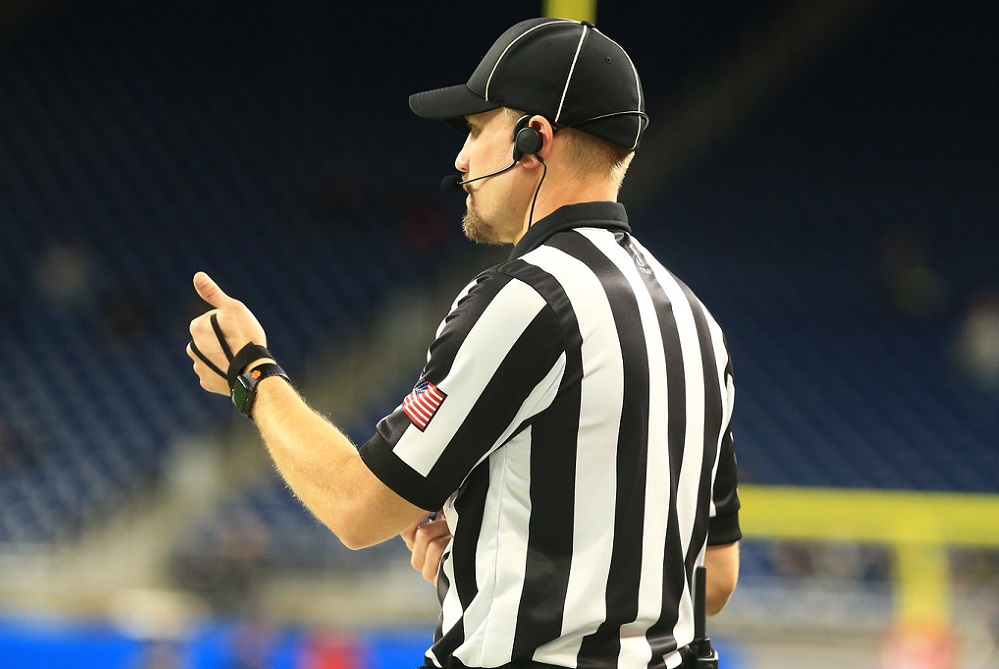
Official Treatment
March 7, 2014
A book I quoted in this space three times last November – How: Why HOW We Do Anything Means Everything by Dov Seidman – has me thinking about sports officiating.
One premise of the book is that the Internet era has made the world so transparent and connected that there is no such thing anymore as “private” behavior or a “minor” mistake. Everything can become a public matter – instantly. Anything can become a major problem – overnight. Worldwide.
So, when our local real estate agent, who officiates junior varsity basketball, misses a call that an invested spectator captures with his or her smart phone camera, and sends to his or her relatives and a local media outlet that night, there is no limit to where that video could appear by the next morning.
And while major college and professional officials may now receive four-figure fees to work under those conditions, officials at the junior high/middle school and high school levels – sometimes working for little more than gas money - wonder if it’s worth the hassle.
There are many obstacles to recruiting and retaining officials for school sports, including poor business practices by assigners and bad sportsmanship by coaches and spectators; but a significant factor not to be overlooked is the adverse potential of immediate worldwide criticism for a call that had to be made in the blink of an eye.
The human factor of sports is now subject to inhuman expectations. In an enterprise that strives for fairness, it appears that it’s the official who is being treated least fairly.

Be the Referee: Football Overtime Penalty
By
Sam Davis
MHSAA Director of Officials
October 4, 2022
Be The Referee is a series of short messages designed to help educate people on the rules of different sports, to help them better understand the art of officiating, and to recruit officials.
Below is this week's segment – Football Overtime Penalty - Listen
What happens when the defense commits a penalty on an extra point try in overtime?
First, the set up. Team A starts with the ball 1st-and-Goal from the 10. On their very first play, they score a touchdown. The extra point is good – but the defense roughs the kicker. What are Team A’s options?
They can accept the penalty, move the ball closer to the goal line and maybe go for two.
Or, they can take the result of the kick and have the penalty enforced when Team B takes over — which means that instead of 1st-and-Goal from the 10 with a chance to tie the game and send it to a second overtime, Team B would have 1st-and-Goal from the 25.
This costly penalty will certainly have an impact on the next possession, where Team B will need a touchdown.
Previous Editions:
Sept. 27: Kickoff Goal - Listen
Sept. 20: Soccer Timing - Listen
Sept. 13: Volleyball Replays - Listen
Sept. 6: Switching Sides - Listen
Aug. 30: Play Clock - Listen
Aug. 23: Intentional Grounding Change - Listen

